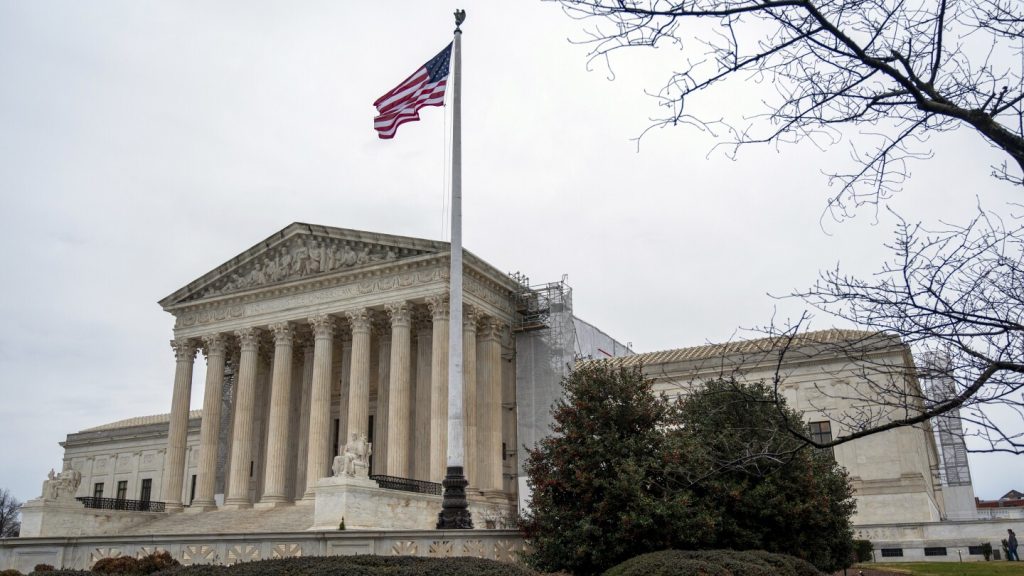The Supreme Court has ruled that thousands of low-level drug dealers are not eligible for shortened prison terms under the First Step Act, a bipartisan criminal justice overhaul passed during the Trump administration. The case in question involved an Iowa man, Mark Pulsifer, who was convicted of distributing at least 50 grams of methamphetamine. The dispute centered around the interpretation of a provision in the law known as the “safety valve,” which is designed to spare low-level, nonviolent drug dealers from lengthy mandatory sentences if they cooperate with prosecutors. The court’s decision, in a 6-3 vote, clarified that the eligibility checklist in the provision must be fully satisfied for a defendant to receive a shorter sentence.
Justice Elena Kagan wrote for the majority, agreeing with the government’s interpretation of the criminal history provision in the First Step Act. In his dissent, Justice Neil Gorsuch referred to the law as potentially the most significant criminal justice reform bill in a generation. However, under the court’s ruling, thousands of individuals in the federal criminal justice system could be denied the opportunity for a reduced sentence. Data from the U.S. Sentencing Commission shows that nearly 6,000 people convicted of drug trafficking in the 2021 fiscal year alone could have been eligible for shorter sentences if the decision had gone the other way.
The provision in question sets out three criteria for judges to consider when deciding whether to forgo a mandatory minimum sentence based on the defendant’s criminal history. This provision is framed in the negative, meaning that a judge can exercise discretion if the defendant “does not have” a certain type of criminal history. The court grappled with how to determine eligibility for the safety valve, debating whether any of the conditions is sufficient to disqualify an individual or if all three conditions must be met to render someone ineligible. Ultimately, the majority opinion held that a defendant must satisfy all conditions in the eligibility checklist to qualify for a reduced sentence.
Pulsifer’s case was used to clarify the interpretation of the safety valve provision. His lawyers argued that all three conditions had to apply for a longer sentence to be imposed, while the government contended that just one condition was enough to trigger the mandatory minimum. In the end, two of the three conditions applied to Pulsifer, making him eligible for a mandatory sentence of at least 15 years. Despite receiving a 13 1/2-year sentence for other reasons, Pulsifer is not scheduled for release from prison until 2031. Congress could potentially amend the law if they disagree with the court’s interpretation.
Overall, the Supreme Court’s decision has significant implications for those convicted of drug trafficking offenses in the federal criminal justice system. The interpretation of the safety valve provision in the First Step Act will affect the eligibility of thousands of individuals for shortened prison terms based on their cooperation with prosecutors. The ruling clarifies the requirement for defendants to meet all conditions in the eligibility checklist to qualify for a reduced sentence, rather than just one or two of the criteria. This case underscores the ongoing debate over criminal justice reform and the balancing of sentencing discretion with the need for appropriate punishment for drug-related offenses.















